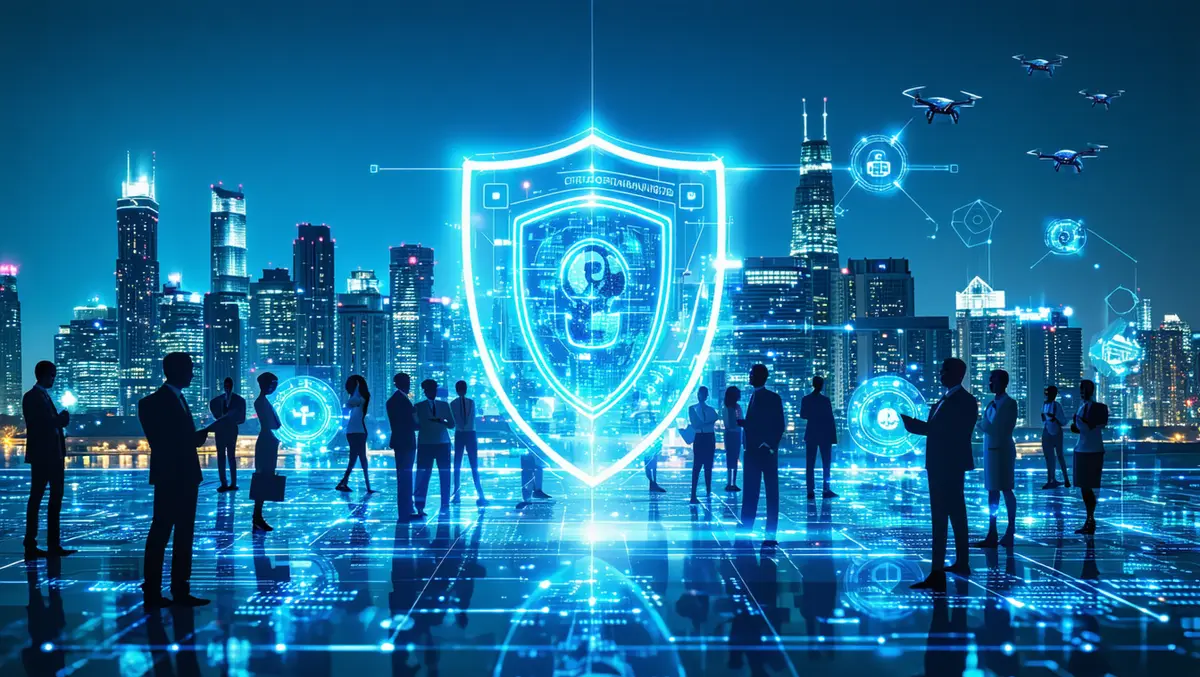
AI & cybersecurity to shape the tech landscape in 2025
The tech landscape of 2025 is set to be shaped by significant advancements and challenges in artificial intelligence (AI) as well as shifts in cybersecurity, as revealed by industry leaders from companies such as Nutanix, Rubrik, Snowflake, Obsidian Security, ManageEngine, and Infoblox. These insights offer a glimpse into future trends that businesses must navigate to remain competitive and secure.
Arvind Nithrakashyap, Co-Founder and CTO of Rubrik, highlights the burgeoning agentic AI market, which offers vast potential for organisations leveraging cloud technologies to enhance computing power and deploy AI models. These AI agents are expected to automate threat detection, bolstering cybersecurity measures. However, the increasing sophistication of AI agents poses a risk of security vulnerabilities and data leaks if not managed cautiously. To mitigate these risks, businesses will need to adopt stringent data access policies and organisational best practices.
Focusing on AI's role in the financial sector, Rinesh Patel from Snowflake suggests that 2025 will see a shift towards highly specialised AI models tailored to specific business needs, dismissing the "one-size-fits-all" approach. These specialised models are likely to become central in tasks such as regulatory compliance and risk assessment, necessitating a strategic approach to AI implementation that balances speed, cost, and precision.
AI's integration into healthcare, as foreseen by Jesse Cugliotta of Snowflake, will see AI-powered chatbots becoming a staple in healthcare administration, particularly among insurance providers. These chatbots will streamline operations by rapidly processing unstructured data, although the sector is expected to cautiously integrate AI, guided by ethical and regulatory frameworks to maintain the human touch in patient care while cutting costs.
In the manufacturing sector, Tim Long from Snowflake points out that AI vision models are set to revolutionise quality control processes, reducing reliance on manual inspections and enhancing product quality and production efficiency. Early adopters in manufacturing could see significant improvements in both speed and quality.
Whitnee Hawthorne of Snowflake envisions an expanded role for AI beyond customer-facing applications within the travel and hospitality industry, where AI will aid employees by streamlining workflows and personalising customer experiences. This shift towards AI-driven operations is expected to improve job satisfaction by allowing staff to concentrate on more meaningful, guest-focused activities.
Glenn Chisholm of Obsidian Security warns that the growing incidence of identity-based attacks in cloud services will require heightened vigilance. With increasing SaaS breaches, the focus of cyber threats will shift to exploiting compromised identities. The integration with Single Sign-On (SSO) systems amplifies these risks, underscoring the value of safeguarding digital identities.
Rajesh Ganesan, President of ManageEngine, stresses the importance of "democratising" cybersecurity across all organisational levels. By empowering all employees to engage in cybersecurity practices beyond conventional training sessions, businesses can enhance resilience, achieve cost savings, and foster a culture of innovation.
He also notes the crucial role of IT in modern enterprises, not just as a cost centre but as a strategic ally in driving business success. As organisations aim to align IT with business outcomes, they will need to adopt key performance indicators reflecting operational and strategic priorities.
Focusing on sustainability, Debo Dutta from Nutanix predicts a need for enhanced infrastructure investment due to AI inference scaling, with multi-agent AI becoming increasingly prevalent. Meanwhile, Craig Sanderson of Infoblox highlights the rising importance of government intervention in cybersecurity, driven by new legislation and the establishment of national cyber defence initiatives.
Finally, Scott Harrell from Infoblox discusses the industry's transition towards integrated platform strategies that combine various operational teams, facilitating faster, more efficient workflows.


